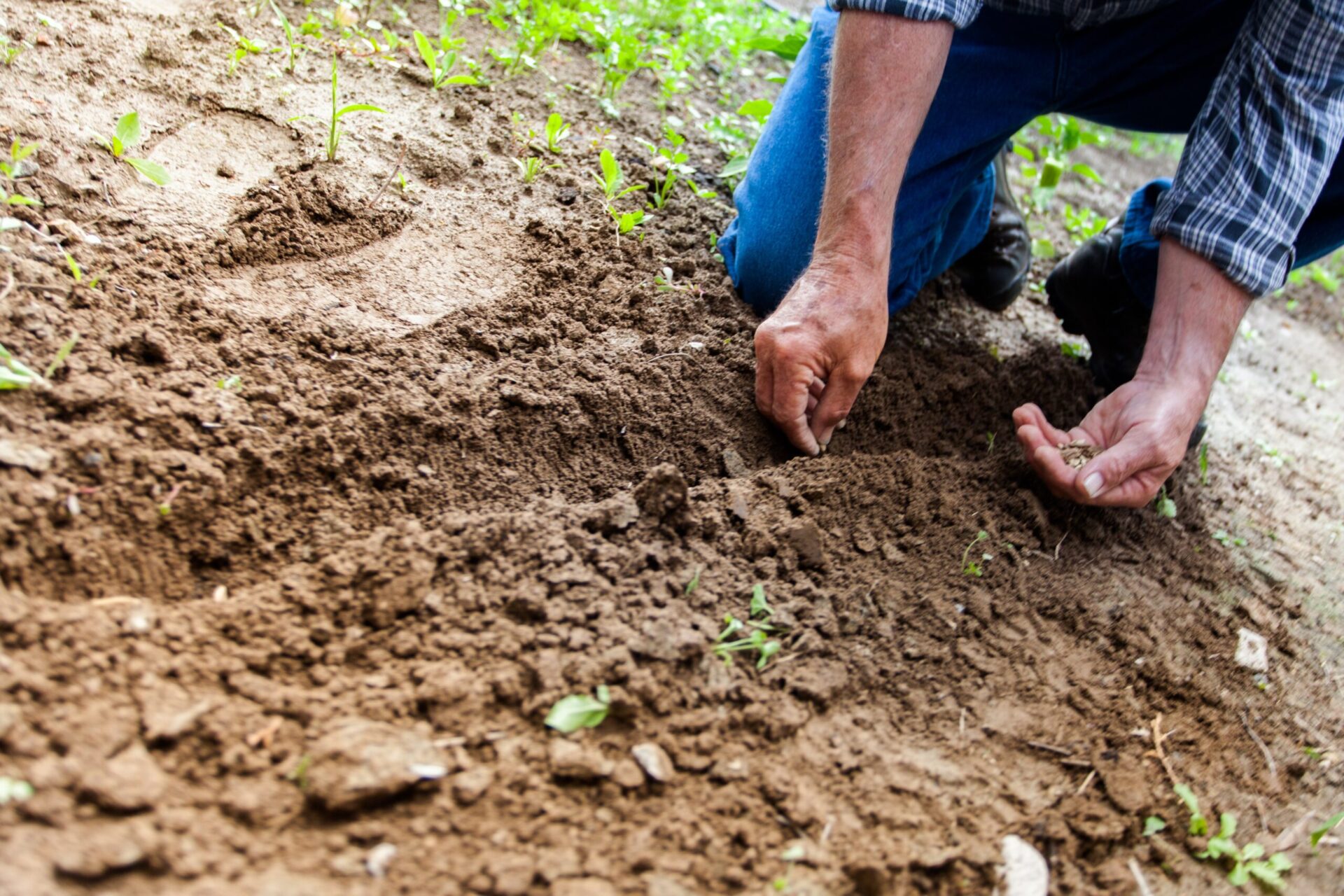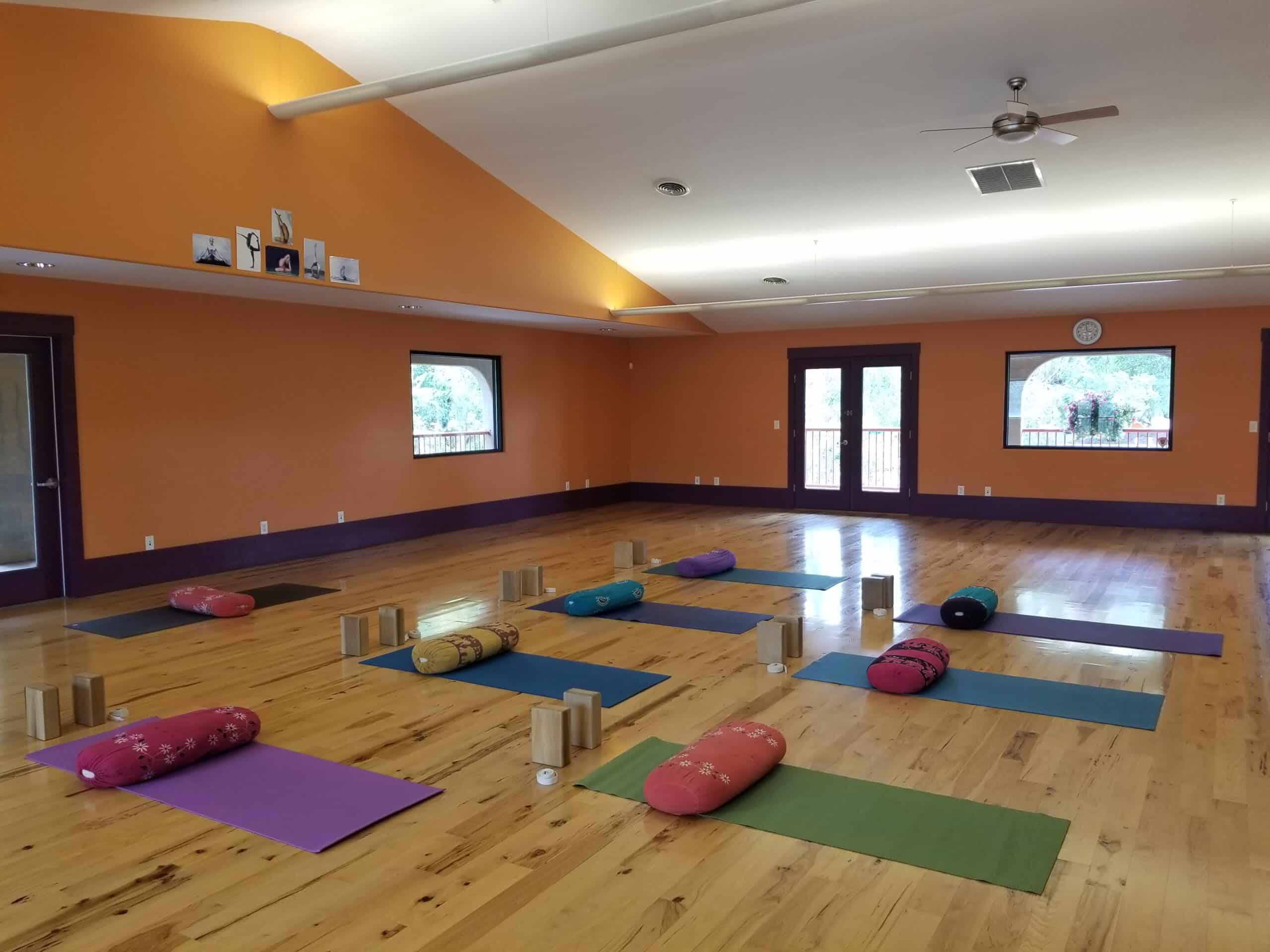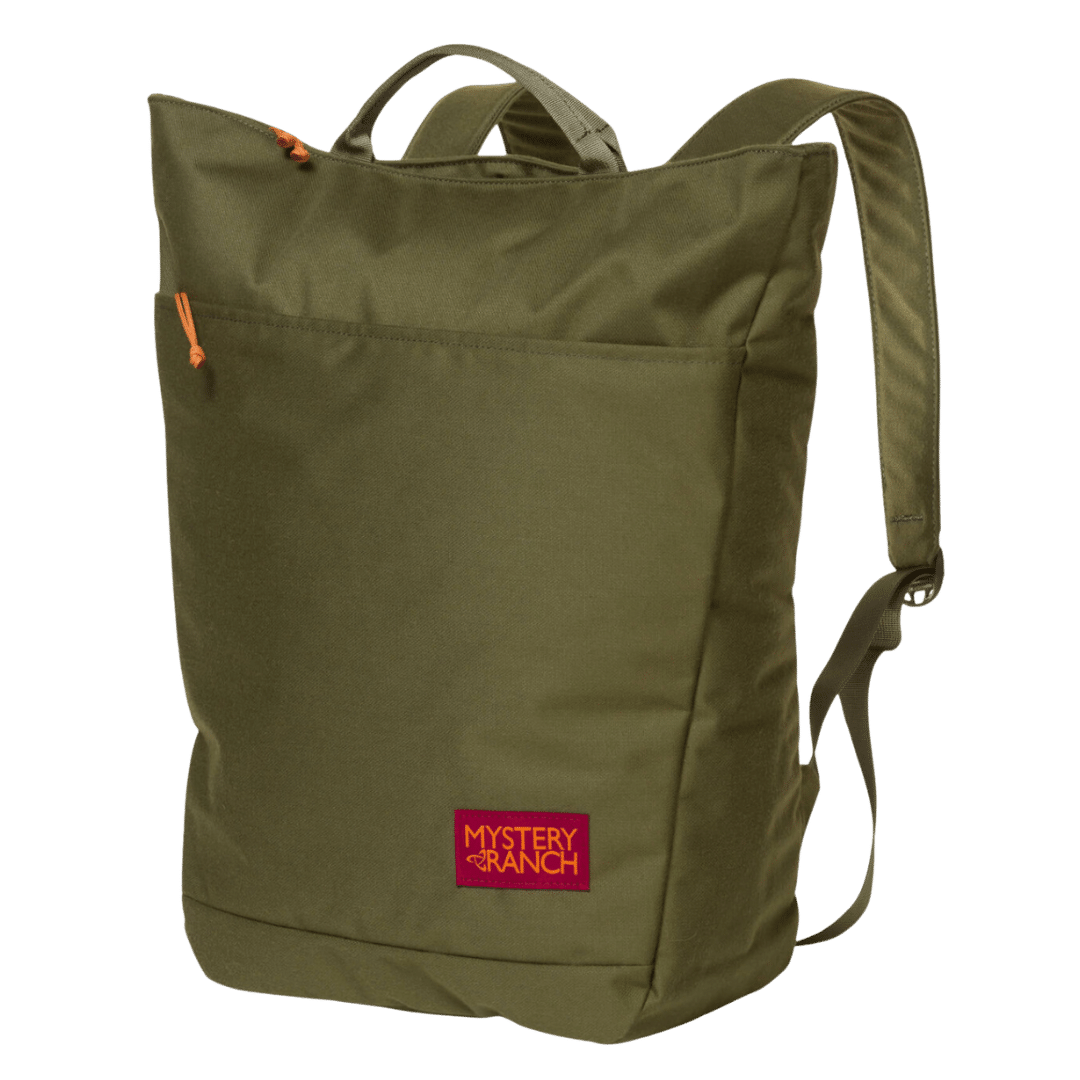Support The Earth With Your Purchasing Power | By Olivia Lyda
Earth Day has always been a time to reflect on humanity’s impact on the environment since it’s declaration in 1970. Earth Day in 2021 serves as a time to reflect on humanity’s impact on the environment throughout the pandemic, and it’s implications on our future in scientific endeavors. Through careful scientific research, a vaccine was created and distributed within a year in order to lessen the spread and flatten the curve of the deadly disease. Using logic and research in a similar vein of scientific knowledge, carbon emissions and climate change have been continually put on the back burner and denied legitimacy.
The United Nations released a report in 2019 stating that we have 11 years before climate change is irreversible. Now, more than ever is time to limit carbon emission crucial to the survival of our planet and environment. Austin Whitman, CEO of Climate Neutral, aims to get brands and consumers on board with a net-zero carbon future.
“The fear that I have is if more companies don’t [limit their carbon footprint] that we will lose valuable time,” Whitman says. “As people kind of decide whether or not it makes sense for them to take action, if that is 10, 15, 20 years down the road, they’ll realize that it’s too late.”
Climate Neutral works with brands to keep track of their carbon emissions within a given year to invest in their promise towards a lesser carbon footprint. This ultimately means paying more attention to how products are made as each product, purchase and delivery leaves an emission trail all contributing to the larger issue of climate change.
“We take into account the broader set of the climate of greenhouse gases than just carbon dioxide,” Whitman explains. “A company has measured its carbon emissions related to producing goods or services and shipping them to their end customer. We then offset all the emissions for the course of a year and then make plans to reduce those emissions in the future. Those are the requirements of our certification.”
Carbon emissions, greenhouse gases, and being climate-neutral is seemingly challenging for brands, and us as consumers, to wrap our heads around. If we think of this in simple terms of how each individual leaves their footprint, we can see how each purchase we make affects the global climate. These ultimately boil down to (1) emissions tied to inhabiting a dwelling, (2) emissions tied to food that one eats and (3) emissions tied to purchased goods and services.
“The [emissions tied to purchased goods and services] is an awful lot more difficult because there’s a lot of stuff that people buy whether it’s your smartphone, your laptop or the clothing that you wear,” shares Whitman. “Tracking down the sources of those emissions is much, much more complex because they’re just not reported on, and companies are really responsible for making that easier.”
As informed consumers, we have the responsibility to contribute positively to greenhouse gas emissions. For some, that means switching to a vegetarian diet in order to reduce those emissions, and for others, that means switching off the air conditioning or the heater. But every individual has the power to be conscious of their purchasing habits, having the option to turn to certifications as given by Climate Neutral. With over 350 brands, Whitman believes it is easier than ever to recognize and cope with climate change through empowered purchasing.
“The ‘reduce’ part of Climate Neutral’s approach is certainly the most challenging aspect of the certification, but equally important as the offsetting,” says Toby Marshman, co-founder of Climate Neutral certified brand, Form. “This reduction commitment has encouraged us to rethink our supply chains — thinking about how we can reduce the distance traveled by our mats before they reach the end customer with localized warehouses rather than just relying on the single site in England. This is not only good for the environment but great for the customer experience too so is a win-win!”
Buying from Form, a carbon-negative brand, meaning they take more carbon out of the atmosphere than released through their recycled, recyclable and biodegradable yoga mats, means that you too can be an informed and sustainable purchaser. This is just one out of the many purchases you can make to be a better consumer.
“Think about sustainable changes you can make in all parts of your life,” Marshman says. “The environmental aspect of every purchase they make — we vote with our money. By consistently purchasing from sustainable companies, we indicate to all companies that this is what we expect from the organizations we give our money to. If enough people make this commitment, sustainability will become the standard, not the exception as it sadly still is today.”
Ananday similarly makes plastic-free, carbon-neutral, planet-kind yoga tools all with the Climate Neutral certified seal of approval.
“Ananday was born with a zero-waste mission, out of the frustration that there is far too much waste in the yoga and wellness space. We’ve been able to grow solely because our customers feel the same way,” Ksenia Voropaeva, founder and CEO of Ananday, says. “Our yoga mats are made from trees, to ground and connect you to mama earth, and every order supports reforestation and regenerative practices. But even more importantly, Ananday is here to empower our community. Because together we can make things better for our planet.”
Taking care of our earth becomes increasingly vital each and every day we continue to roam this planet. In order to protect it for years to come, a general shift to the legitimacy of climate change research must be recognized.
“The world is trying to get to carbon or to net-zero by 2050,” says Whitman. “It is a thing of reality that can get stressful if you think about it too much, but the optimistic take is, it is possible to live in a net-zero world. It’s technically possible, and there has been plenty of research to show that we could get there.”
Photo by Binyamin Mellish.
 Olivia is an editorial intern for Spoke+Blossom and YOGA + Lifemagazines. She studies communications, journalism and writing at the University of Colorado Boulder. Olivia is passionate about the Colorado lifestyle and works to convey this in her studies and publications.
Olivia is an editorial intern for Spoke+Blossom and YOGA + Lifemagazines. She studies communications, journalism and writing at the University of Colorado Boulder. Olivia is passionate about the Colorado lifestyle and works to convey this in her studies and publications.Destined to be your daily companion, this backpack to tote-bag is an ideal piece from morning to evening. [...]

Subscribe to Our Tribe
Stay up to date with Y+L News, Events and special announcements.










